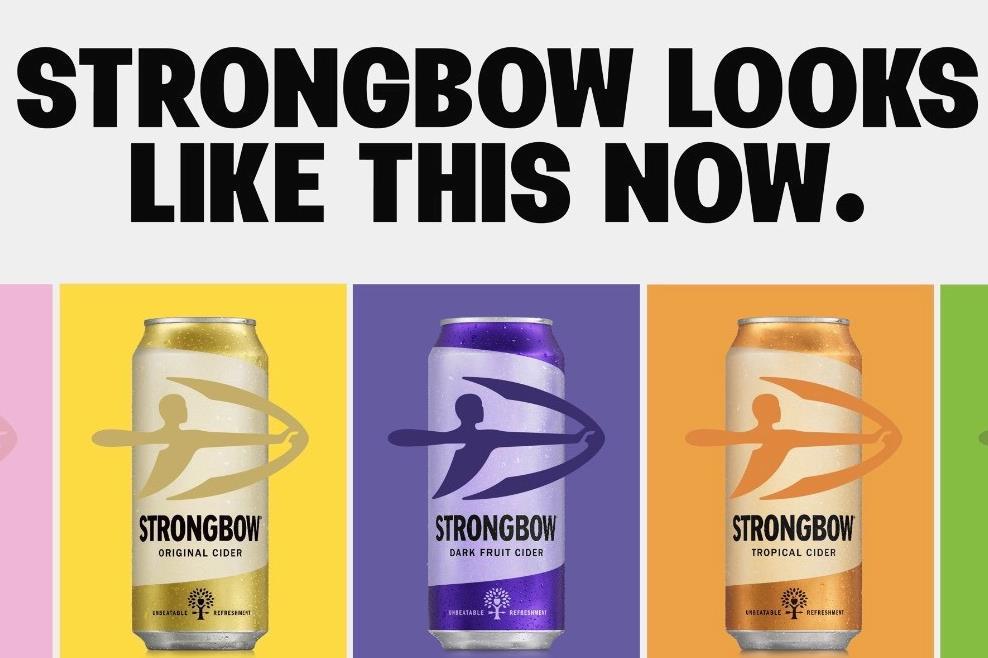Last year, I had to buy a couple pairs of shoes. As I was checking out, the cashier asked if I’d like to sign up for the store’s rewards program. It was free, so I figured it couldn’t hurt. I haven’t bought anything from the brand since.
There’s nothing wrong with the shoes I bought. The store has every type of footwear you could imagine, and the prices aren’t too shabby. So why haven’t I returned?
Well, besides not being a shoe hoarder, I’d have to say it’s because the company doesn’t send me personalized messages. When it emails me about a promotion, it’s the same message all of its reward members receive. There’s nothing special about it — at least to me.
But what if the brand sent me an email offering a discount on the shoe brands I’ve purchased in the past? What if the company gave me 10% off on my birthday? Or what if it pushed certain types of men’s footwear during specific seasons, such as sandals in the summer or snow boots during the winter? I’d be more inclined to be a returning customer.
The point: If this store targeted me specifically, I would be more likely to become a loyal customer. This has become the norm as customers demand more meaningful relationships instead of tired loyalty programs. In fact, according to the “Leveraging the Value of Emotional Connection for Retailers” report, “emotionally connected customers have a 306% higher lifetime value (LTV), stay with a brand for an average of 5.1 years vs. 3.4 years, and will recommend brands at a much higher rate (71% vs. 45%).”
The best way to build these emotional connections? Personalization.
Why Should You Care About Personalization?
Personalization has been defined a few different ways. It can, at a base level, mean products marked with one’s initials, name, or monogram. It refers to making things personal, such as by applying a general statement that speaks to a core audience. It can include designing or tailoring to meet an individual’s specifications, needs, or preferences.
Whether you realize it or not, each has been used in marketing strategies for the past several years. It could be an email or SMS that uses your first name or a coupon for a product based on previous purchases or demographics, like your location. Through personalization, you’re connecting products or services with the right audience. Additionally, you’re sending them the right messages at the right time.
This may sound like a lot of work on your end, but your customers demand a more personalized experience — and they’ll go elsewhere to get one. Personalized home page promotions influenced 85 percent of consumers to make a purchase. Additionally, personalized shopping cart recommendations were responsible for influencing 92% of online shoppers.
Perhaps more importantly, 81% of consumers want brands to get to know them better. They want them to understand when they should be approached — and when they shouldn’t. More than three-quarters say they’ll only engage with personalized offers.
If you provide customers with a personalized experience, they’ll reward you by increasing your revenue, making more impulse purchases, and returning fewer items. Most importantly, they’ll become loyal to your business.
Why Personalization Drives Customer Loyalty
Personalization drives customer loyalty in a variety of ways. For starters, it greatly improves the experience throughout the entire customer journey. This is in no small part due to artificial intelligence and machine learning, which can guide customers in the right direction or anticipate their needs.
For example, let’s say someone lands on your website to learn what services your business offers. A chatbot could ask the visitor what he’s interested in and direct him to the page containing that specific information. If the visitor
SOURCE: LinkedIn






Comment
No comments found.